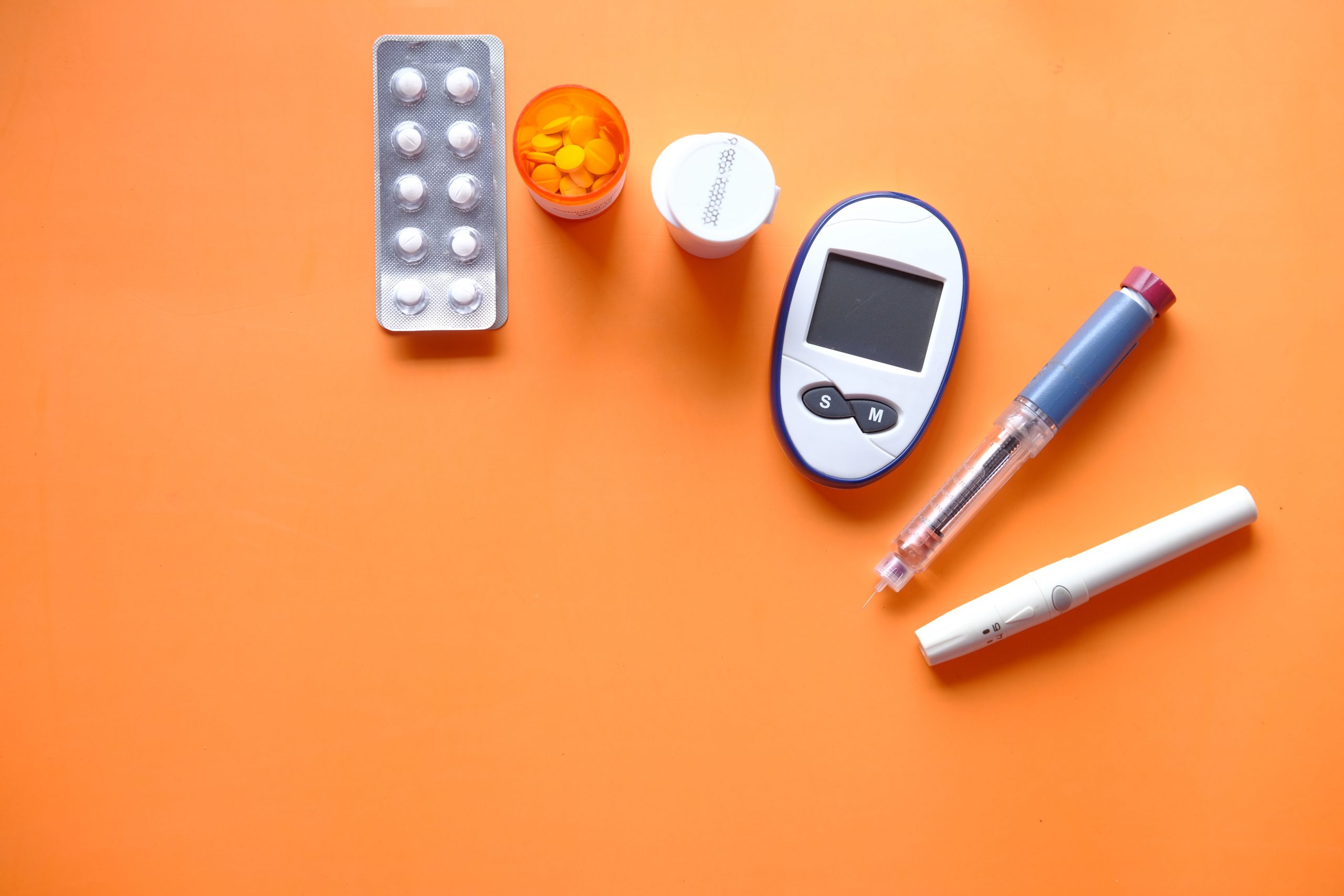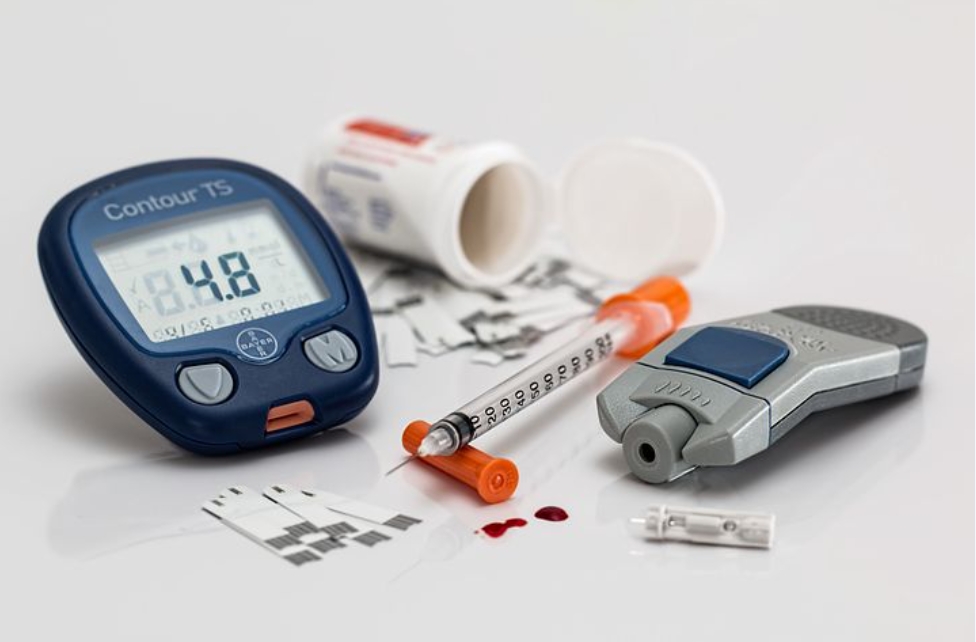Personalized diabetes care management in glycemic control
The ProValue Personalized Diabetes Care Study is a 12-month prospective, randomized, multi-centre cluster study aimed at investigating whether the use of Personalized diabetes care management is integrated into daily life, blood glucose control in patients with type 2 diabetes, and insulin intake is improved.
Diabetes does not meet the treatment goals. Several recent studies have shown that the correct application of blood glucose self-monitoring and doctor-patient cooperation can help optimize treatment and lead to expected behaviour changes, thereby bringing better clinical outcomes for type 2 patients with diabetes.
The use of diabetes data management software has also been shown to provide significant benefits in terms of time and cost savings, while significantly improving blood glucose control. Share structured SMBG data and data management software in a repeated 6-step cycle to adapt to the treatment of personalized diabetes management: patient education, structured SMBG introduction, electronic measurement files, measurement analysis, and the key to the selection/start of personalized treatment modes Elements of this cycle, patient education, structured SMBG and the use of professional SMBG data management software have proven to help integrate these elements into a structured and overall framework.
The method of personalized diabetes care management has not been studied with sufficient research design, duration and sample size. The main purpose of the two studies was to evaluate the effect of comprehensive Personalised diabetes care management on changes in baseline HbA1c levels in T2DM patients treated with insulin-treated by general medicine and diabetes specialists during the study period. Secondary objectives include evaluating: the additional impact of comprehensive Personalized diabetes care management on patient empowerment and expected self-efficacy, psychosocial outcomes, hypoglycemia, dyslipidemia, and hypertension; the impact of comprehensive PDM on the outpatient care process and efficiency; and the medical team’s intervention and Acceptance and acceptance of tools.
Applicable testing centres must meet the following criteria for inclusion in the study: Provide primary or specialized diabetes care for at least 300 diabetic patients; use diabetes management software andlt; 50% of patients; have a medical computer with Internet access and a printer, and Field researchers and/or medical staff meet the formal qualifications required by researchers to initiate and apply the PDM process as part of medical device research. The NL site will continue to provide regular assistance; the INT site uses embedded PDM.
A total of 540 DSP patients and 474 general practitioners will participate in the study. Blood glucose monitoring system Patients currently using data management compatible meters can use their current meters throughout the study.
The questionnaire will provide doctors/staff’s assessment/conclusions: Used to review current sources of information on diabetes care; implementation, adaptation and integration of the cyclic process, diabetes management decisions, and research visits Time and Se analysis of doctor’s benefits/satisfaction on diabetes management and diabetes-related resources consumed by SMBG electronic case report form to evaluate the time and use of commercial and private resources related to diabetes care and related complications, including: Anti-diabetic drugs Types of blood glucose test strips; pay attention to third parties; referral to specialists and hospitals; hospitalization; in two studies of 1,014 adult type 2 diabetes patients treated with insulin, we will examine how well individualized comprehensive diabetes management is Improve metabolic control, diabetes-related health conditions, dyslipidemia and hypertension, treatment use, and patient-reported results. PDM is also evaluated based on variables related to medical practice. We hypothesise that the use of integrated PDM statistically and medically significantly improves blood sugar control compared to traditional treatments, and this method improves patient acceptance and compliance. Diabetes control plan and the quality of the medical care process. An important benefit of PDMProValue studies is that they provide information about each step of the diabetes management cycle. JW, ZD, AM and IV are Roch employees.
Globally, many patients with insulin-treated type-2 diabetes are suboptimally controlled. The PDM-ProValue study program evaluated whether integrated personalized diabetes management (iPDM) has the potential to improve clinical outcomes.














